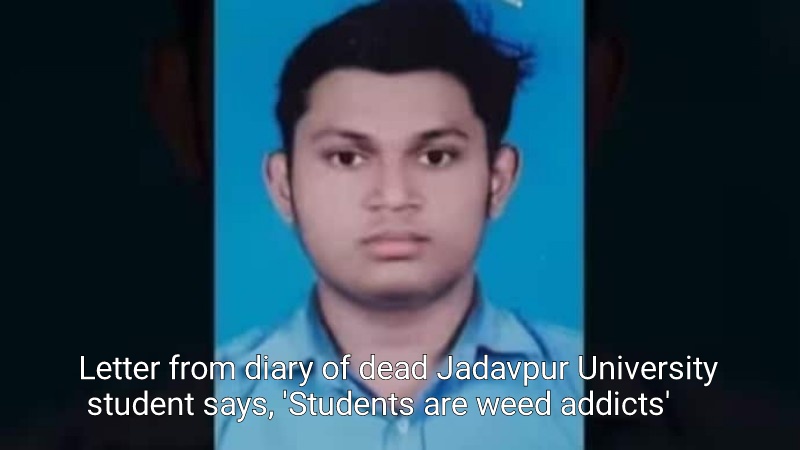
MK Stalin, the chief minister of Tamil Nadu, has reopened the debate over the imposition of languages, accusing the BJP of forcing Hindi on states that do not use the language. The DMK leader is responding to the Centre’s initiative to update the nation’s criminal laws by substituting new statutes with Hindi titles for those from colonial times.
The renaming of the Indian Evidence Act, the Code of Criminal Procedure, and the Indian Penal Code has been criticised by Stalin, a vociferous opponent of the BJP’s purported ‘Hindi imposition,’ as being illegal and an attempt to undermine India’s diversity. He has also charged linguistic imperialism against the BJP and Prime Minister Narendra Modi.
‘The audacious attempt by the Union BJP Government to tamper with the essence of India’s diversity through a sweeping overhaul – Bharatiya Nyaya Sanhita, Bharatiya Nagarik Suraksha Sanhita, and Bharatiya Sakshya Bill – reeks of linguistic imperialism. This is an affront to the very foundation of #INDIA’s unity. BJP and Prime Minister Modi have no moral right to even utter the word #Tamil hereafter,’ the chief minister wrote on X (formerly known as Twitter).
‘The fire of resistance against #HindiColonialism is ablaze once more. The BJP’s audacious bid to supplant our identity with Hindi will be opposed resolutely,’ he added.
By proposing the three legislation in Hindi, DMK MP Wilson has further charged the Centre with imposing Hindi on the entire nation. ‘I ask that the three legislation’ names be changed to English. According to Wilson, who was reported by the news outlet ANI, ‘mandatory Hindi should not be imposed because it involves imposing and is unconstitutional.’
Additionally, the DMK MP referred to the action as ‘unconstitutional.’
Following their passage by the Parliament, the Bharatiya Nyaya Sanhita (BNS) Bill, 2023, Bharatiya Nagarik Suraksha Sanhita (BNSS) Bill, 2023, and Bharatiya Sakshya (BS) Bill, 2023, will replace the Indian Penal Code (IPC), 1860, Criminal Procedure Code (CrPC), 1898, and the Indian Evidence Act, 1872, respectively.
The Kolkata Police found a diary “belonging” to Swapnodeep Kundu, a first-year student who died after falling from the second-floor balcony of his university hostel. This shocking evidence has emerged in the Jadavpur University student death case.
The cops found a letter that the deceased allegedly wrote to the university’s dean in the dairy.
According to the letter, allegedly wrote by Swapnodeep, he was threatened by his seniors due to the volatile culture of the campus.
In the letter, a senior by the name of Rudra allegedly threatened the dead about the hostel culture, which included paying attention to seniors and using drugs.
The senior allegedly threatened to toss someone from the roof if the deceased refused to follow their directions, according to the charges in the letter.

Post Your Comments